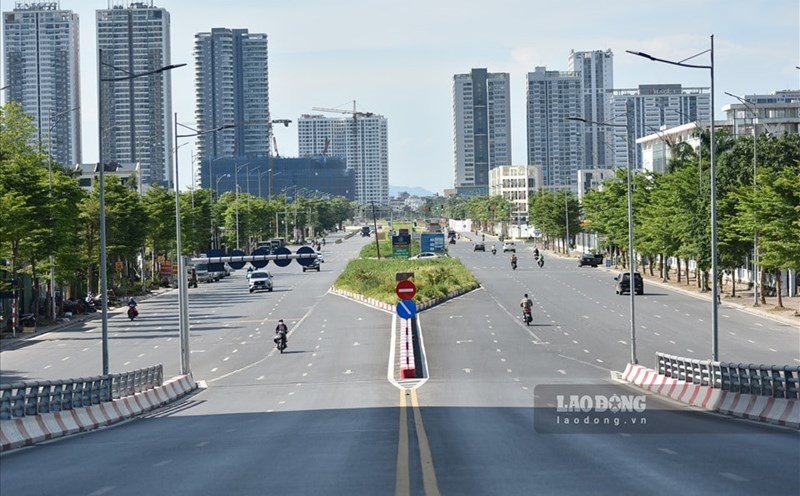Today, July 28, many social networking sites spread information "In just 10 days, this summer will be completely over". According to these posts, the basis for the information that the summer is about to end is because in 2025, the Lunar New Year will take place on August 7, 2025, i.e. June 14, 2025 (June lunar calendar).
Currently, this content is receiving great attention from the community with tens of thousands of likes, shares and comments. To clarify this information from a meteorological perspective, the reporter had an interview with Dr. Truong Ba Kien - Deputy Director of the Center for Meteorological and Climate Research, Institute of Meteorological, Hydrological and Climate Change Sciences.

Sir, is Lap Thu the basis for determining whether the summer is over or not and will there be more hot weather after Lap Thu?
- The Lunar New Year is one of the 24 monsoons of the Chinese, Vietnamese, Japanese, and North Korean schedules and usually begins around the 7th - 8th of the 8th lunar month every year.
This is one of the 24 traditional monsoons, marking the transition from summer to autumn according to folk beliefs.
However, in modern meteorology, this is not a milestone that determines the end of summer. In fact, after the Lunar New Year, many areas, especially the North and Central regions of Vietnam, still often record severe heat waves. Sometimes, the hot weather lasts until the end of August or even into September.
In addition, under the impact of climate change, extreme weather phenomena such as heat tend to appear earlier and appear later, ending later, with stronger intensity and higher frequency.
This makes the line between seasons blurred, the seasonal change is no longer as clear as before, and traditional climate laws, such as "end of summer after Autumn Festival", are increasingly less practical in forecasting.
So, sir, how to determine the end of summer according to modern meteorological criteria and usually on average, in which month does summer end in many years?
- According to the World Meteorological Organization (WMO), summer is often defined as a period when the average daily temperature is greater than or equal to 25 degrees Celsius and lasts continuously for a certain period of time, usually lasting at least a few days or more.
In some temperate countries, the four seasons of the year are very clear, usually simply concised from June to August of the lunar calendar.
However, in tropical countries such as Vietnam, determining the summer needs to be based on actual temperature fluctuations in each region. Specifically, in Vietnam, summer usually lasts from late April or early May to mid-or-late August, depending on the region.
In the North and North Central regions, summer can start from late April and end in late August or early September, when the northeast monsoon begins to operate again, bringing cool (autumn) or cold (winter) air from the north down.
In the Central Highlands and coastal areas of the Central region, the hot dry season often lasts longer and ends later, possibly in mid-September.
In the South, summer often coincides with the rainy season, so there is no clear "year-end summer" limit but it is often divided into rainy season - dry season.
With the trend of global warming, the line between seasons is increasingly blurred, and the summer tends to be longer, more erratic and extreme.
So this year, when is the forecast for the first northeast monsoon to appear, sir?
- This year ENSO is neutral and is usually neutral in neutral years, the first cold air waves appear around September.
Sincerely thank you!











